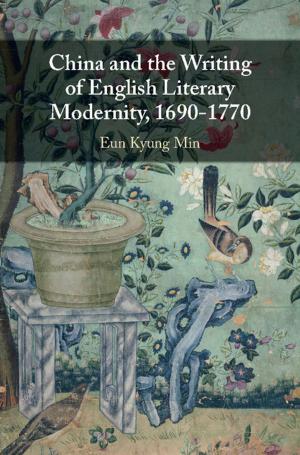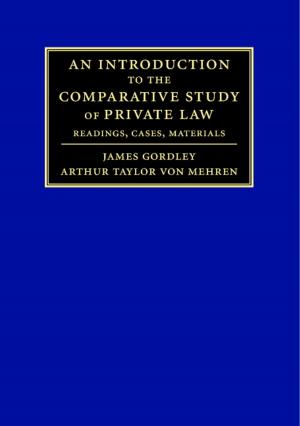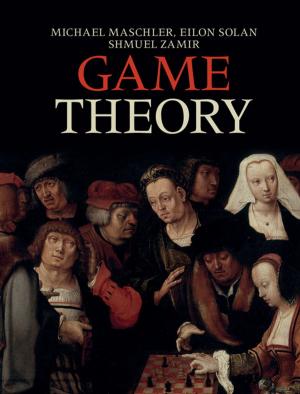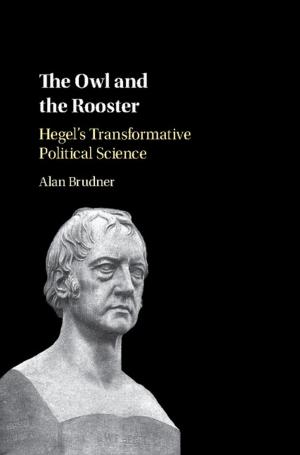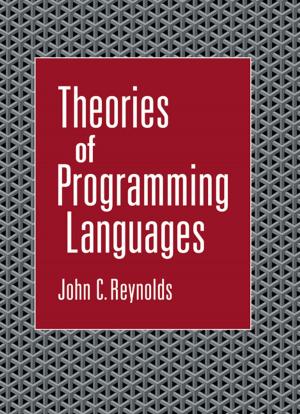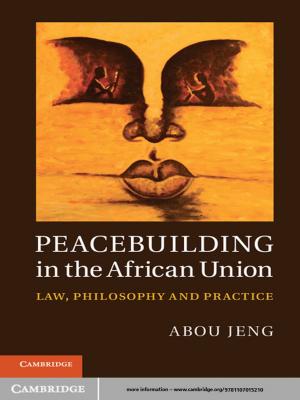Mendelssohn, Time and Memory
The Romantic Conception of Cyclic Form
Nonfiction, Entertainment, Music, Theory & Criticism, History & Criticism, Reference| Author: | Benedict Taylor | ISBN: | 9781139152884 |
| Publisher: | Cambridge University Press | Publication: | October 27, 2011 |
| Imprint: | Cambridge University Press | Language: | English |
| Author: | Benedict Taylor |
| ISBN: | 9781139152884 |
| Publisher: | Cambridge University Press |
| Publication: | October 27, 2011 |
| Imprint: | Cambridge University Press |
| Language: | English |
Felix Mendelssohn has long been viewed as one of the most historically minded composers in western music. This book explores the conceptions of time, memory and history found in his instrumental compositions, presenting an intriguing new perspective on his ever-popular music. Focusing on Mendelssohn's innovative development of cyclic form, Taylor investigates how the composer was influenced by the aesthetic and philosophical movements of the period. This is of key importance not only for reconsideration of Mendelssohn's work and its position in nineteenth-century culture, but also more generally concerning the relationship between music, time and subjectivity. One of very few detailed accounts of Mendelssohn's music, the study presents a new and provocative reading of the meaning of the composer's work by connecting it to wider cultural and philosophical ideas.
Felix Mendelssohn has long been viewed as one of the most historically minded composers in western music. This book explores the conceptions of time, memory and history found in his instrumental compositions, presenting an intriguing new perspective on his ever-popular music. Focusing on Mendelssohn's innovative development of cyclic form, Taylor investigates how the composer was influenced by the aesthetic and philosophical movements of the period. This is of key importance not only for reconsideration of Mendelssohn's work and its position in nineteenth-century culture, but also more generally concerning the relationship between music, time and subjectivity. One of very few detailed accounts of Mendelssohn's music, the study presents a new and provocative reading of the meaning of the composer's work by connecting it to wider cultural and philosophical ideas.



